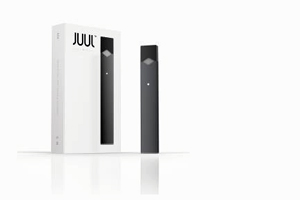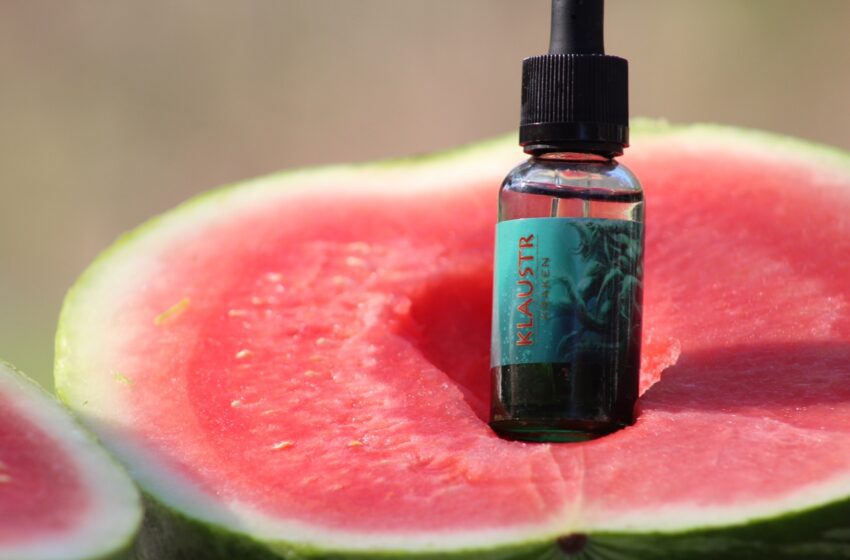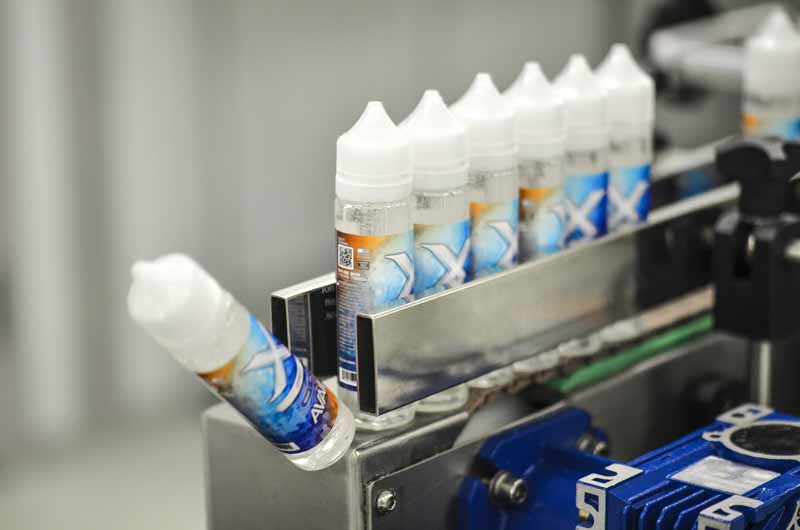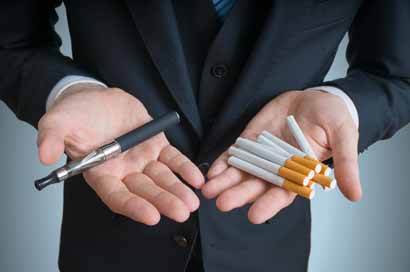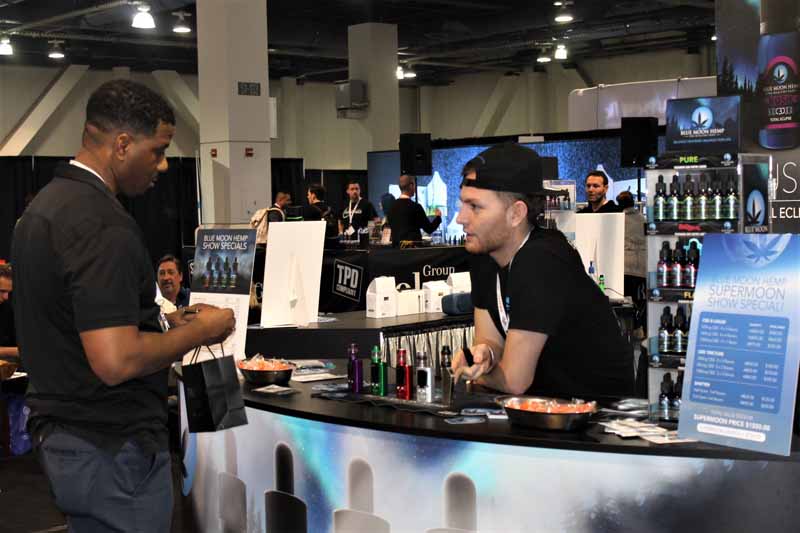Avail Vapor has announced that as of January 1, 2020 the company has divided its operations into three separate businesses. Each entity has its own dedicated management team that will all be headquartered in Richmond, Virginia.
“Evolving our corporate structure supports our continuing growth across the multiple segments of our portfolio from vaping, manufacturing, distribution, regulatory services to future markets,” said James Xu, former CEO of AVAIL who now serves as chairman of the three entities. “Due to the increasing importance of our regulatory consulting division at a time when U.S. Food and Drug Administration (FDA) compliance is paramount, we want to drive even greater focus to that area, and also support the individual needs of our customers and clients.”
The three companies are: Avail Vapor (the retail arm with stores in 12 states and online; Blackbriar Regulatory Services, a contract manufacturing, FDA compliance consulting and laboratory services; Blackship Technologies, a research and development services company.
Blackbriar Regulatory Services (BRS) has also announced it has entered into agreements with Charlie’s Chalk Dust, a major international e-liquid brand and a subsidiary of Charlies Holdings, to manufacture a range of its nicotine products and take the lead in submitting a number of those products for the FDA’s premarket tobacco product application (PMTA) process by the agency’s May 2020 deadline.
“We are honored that Charlie’s Chalk Dust has added its name to the growing list of companies that trust us to help them move forward in a maturing industry,” said Russ Rogers, CEO of BRS. “Under Avail, we partnered with Charlie’s for several years to help the company deliver the highest quality products to this market, and we are very happy to see that they remain so strongly committed to continuing their success working with Blackbriar as vape-industry leaders start to add regulatory compliance to their list of critical strategies.”
All e-liquid and device manufacturers have until May 2020 to submit PMTAs for electronic nicotine delivery systems (ENDS) under section 910 of the Federal Food, Drug, and Cosmetic Act. This includes liquids, devices and any affiliated products related to ENDS products. The FDA than has 12 months to review applications.
“The PMTA process is rigorous and complex,” said Ryan Stump, COO of Charlie’s Holdings. “We are fortunate to have a strong relationship with the leadership team at Blackbriar, a result of prior manufacturing agreements with Avail Vapor, the sister company. We are confident that guidance from BRS will further ensure Charlie’s continued compliance with the regulations put forth by FDA, further supporting Charlie’s leadership in the nicotine e-liquid vape space.”

